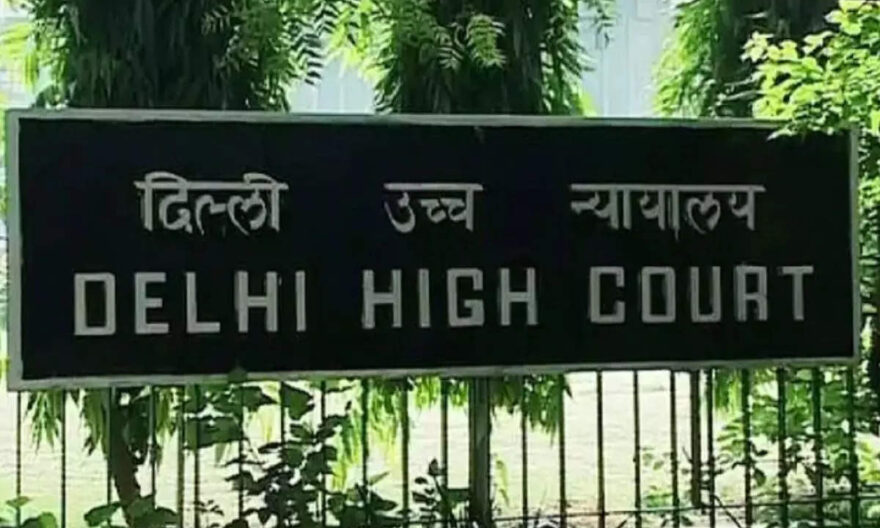
On Thursday, the Delhi High Court declined a petition requesting the government to form a legal education commission to assess the viability of a four-year law program post-Class 12 instead of the current five-year course. The court stated that as this falls beyond the court’s jurisdiction, it cannot intervene in this particular issue.
Petition’s Demands
The petition filed in the Delhi High Court demands the establishment of a Legal Education Commission by the central government, similar to the Medical Education Commission. This proposed body would consist of retired judges, law professors, and lawyers tasked with evaluating the feasibility of introducing a four-year Bachelor of Law (LLB) course.
Ashwini Kumar Upadhyay, the petitioner and a practicing lawyer, argues that the Bar Council of India (BCI) should form an expert committee to assess the alignment of the existing five-year LLB course with the 2020 education policy. The petition criticizes the length and structure of the current LLB program, deeming it excessive and irrelevant to legal education. It suggests that this discourages students from pursuing law as a career and leads them to opt for fields like engineering or civil services instead.
Comparing the LLB program with other courses, the petition notes that a BTech degree from IIT requires four years of focused education in a specific engineering discipline, without unnecessary elements. In contrast, pursuing a BA-LLB or BBA-LLB degree through institutions like NLU and affiliated colleges demands five years of study, covering areas such as arts and commerce that are unrelated and deemed excessive.
The proposed expert committee would investigate the necessity of completing a BA, BBA, or BCom degree before pursuing an LLB, which is currently a graduation course. The petition highlights that the annual expenses for a five-year LLB program exceed those of a hypothetical four-year course, imposing a heavier financial burden on students.
Court’s Ruling
The bench, comprising Acting Chief Justice Manmohan and Justice Manmeet P. S. Arora, stated that designing courses was not within their jurisdiction, and they declined to engage with the matter further. They suggested the petitioner address their concerns to the relevant authorities. With the bench signaling its intention to reject the plea, petitioner Ashwini Kumar Upadhyay, a lawyer, requested permission to withdraw the plea, which was granted by the court.




